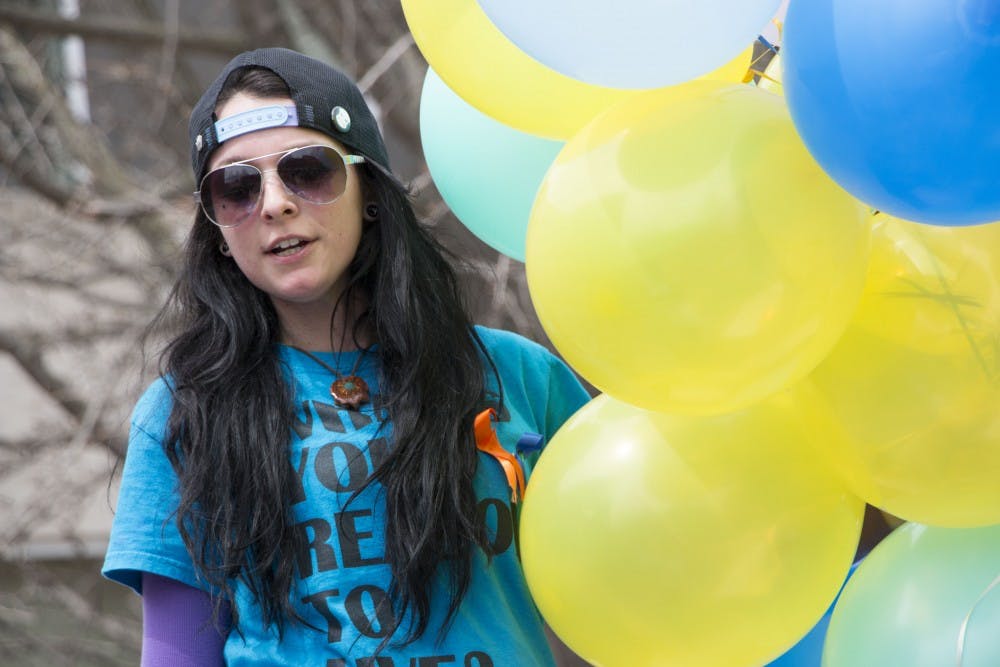In late spring of 2002, Carmen Diaz and her three siblings sat in the car with their father. He turned back to them and said, “Hey, I just want to let you guys know that I love you so much and that everything is going to be OK.”
It would be the last time Diaz, then 10 years old, would see her father.
Diaz was at track practice with her brother, Nick. Her parents were divorced, and it was her father’s week to pick them up, but he never showed.
Staff members at her school checked in on them after contacting their family.
A few hours later, Diaz and her brother were brought home to a room full of family members and were told their father had died.
It was the second time in Diaz’s entire life she had ever seen her mother cry.
“I was like, ‘What? Why? How?’ and had a meltdown,” Diaz said.
She did not initially know how her father died. She thought he was in a car accident. It wasn’t until rumors started circulating around school the next day that her brother told her he had shot himself with a shotgun.
Her uncle would die by suicide seven years after her father’s death.
“It was like re-experiencing that grief and loss all over again, even though I thought I had just gotten over it,” she said.
Diaz started self-harm practices as a way of coping with all the loss in her life, she said. It wasn’t until her first year at Ball State that Diaz realized her coping methods were wrong.
Her realization came when she walked by an Alive Campaign booth that was welcoming guest speaker Jamie Tworkowski, the founder of To Write Love on Her Arms, an organization that helps people struggling with depression, addiction, self-injury and suicide.
“I just walked by and they were writing ‘love’ across everyone’s arms really big,” Diaz said. “... I knew right away that this was what I was meant to do.”
Part of the group’s goal is to say, “Help me help you become the most perfect person you deserve to be,” Diaz said.
“People look down, don’t want anything to do with [talking about suicide] or really get guarded,” Diaz said. “But I think the ultimate goal when you’re trying to save someone’s life, especially if they are suicidal, is to make them fall back in love with their life.”
She has used her experience with loss and personal self-harm as a way to spread awareness and to honor her father since she joined the Ball State chapter four years ago.
Diaz said people have thanked her for motivating them not to give up after hearing her experience.
“And I think the biggest thing I learn is that your story is your advocacy and your story deserves to be told,” she said. “I spent all of my teenage years and high school avoiding the topic of my dad. [Now I’m] giving my dad’s grief the attention it deserved by spreading awareness and sharing this universal message of love.”





